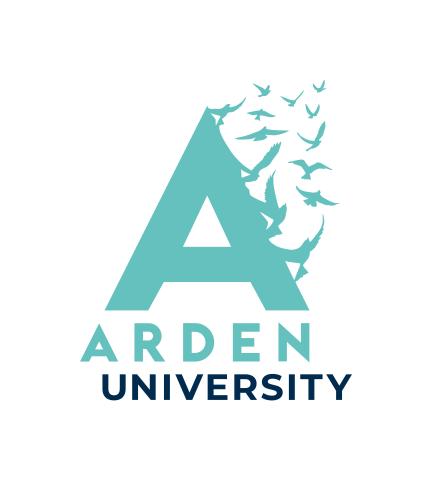
Teaching the skills wanted by employersāÆin 2021 and beyond
Dilshad Sheikh makes a case for universities to work more closely with employers to shape industry-relevant courses and expose students to more real-world practical training and assessment
Traditionally many universities have designed new programmes led by the research interests of academics,āÆwithāÆemployer and industry consultationāÆrelegated to anāÆafterthought.āÆāÆ
Programme specifications and module proposal formsāÆhave been tossed under the noses of random employers, asking for feedback on courses that are already developed. This has often been a tick-box exercise to demonstrate to the academic validating panelāÆthat employer consultation was sought, simply paying lip service to the critical need for employer engagement.āÆ
With the acceleratedāÆshift towardsāÆdigital learning, many universities previously focused onāÆface-to-faceāÆdelivery have found it challenging toāÆadapt teaching, learning and assessment models to meet the needsāÆof a new, dynamic, technology-driven business environment.āÆ
UseāÆprofessional networksāÆ
To capitalise on employersā expertise and input, higher education institutions should flipāÆtheir approach.āÆIdeas for new coursesāÆcanāÆstem from aāÆwide range of employer networks.āÆāÆ
BuildāÆprofessional networksāÆby approaching themāÆwith a blank sheet of paper. AdoptāÆa bottom-up approach,āÆasking employers what skills,āÆknowledgeāÆand attributes they wantāÆtoāÆsee ināÆgraduates.āÆThisāÆpartnership should be continued throughout the programme development phase, facilitating co-creation with employers involvedāÆat every stage.
Design practical assessmentsāÆ
TheāÆbest way to ensure graduates are job-ready is through practical assessments that are industry relevant.āÆFor example, replacing essays and referencing with a social media campaign for marketing students to devise and present. They will learn much more getting their hands dirty with some real-world challenges and application than writing up theories for two hours.āÆāÆ
Use your tech capabilities to emulate real-world scenarios. For instance, assess a studentsā performance as a company owner in their desired industry with virtual reality simulation.āÆTheseāÆexamples are just a snippet of what an inspired and well-planned digital programme can do for inquisitive, ambitious students.āÆ
University coursesāÆshouldāÆensure students can meet the demands of future careers and delivering programmes through digital channels helps them build confidence with tools and processes used across the professional world.āÆ
In past conversations, business leaders have expressed doubts about students acquiring the skills they look for, highlighting the importance of creating courses that answer employer needs and connect students to the world in which they will operate.
Incorporate industry experienceāÆāÆ
Industry professionals generally haveāÆa comprehensive knowledge of the inner workings of their industries, markets, systemsāÆand processes, which is invaluable for students.āÆ
Bringing industry professionals into the classroom provides fresh insights and connects students to the world beyond their course, allowing them to network and build professional relationships before they have graduated.āÆ
Bringing in lecturers with industry experience, using live cases to solve real-time problems and designing alternative assessments will help shape the professionals of tomorrow, while keeping them in touch with the here and now while they learn from home.āÆ
Embrace teaching in a post-pandemic worldāÆ
The pandemic has accelerated changes across all sectors, bringing the university of 2030 to 2021.āÆInstitutions now need to provide learners with the skills and knowledge they needāÆ.āÆ
The market wants universities to move beyond bachelorās degrees that focus more on theory than practice as their primary product. More agile, lower-priced, digital āāāÆareāÆincreasingly valued byāÆemployers.āÆ
āUpskillingā is notāÆjustāÆa businessāÆbuzzword. It isāÆaāÆvitalāÆrequirementāÆto keep pace with technological advances and introducing credentials that support this is essential.āÆTo remain relevant and employable, workers are faced with the need to re-evaluate and update their skill sets and universities should respond to this need.āÆ
Dilshad Sheikh, dean of the Faculty of Business at .




